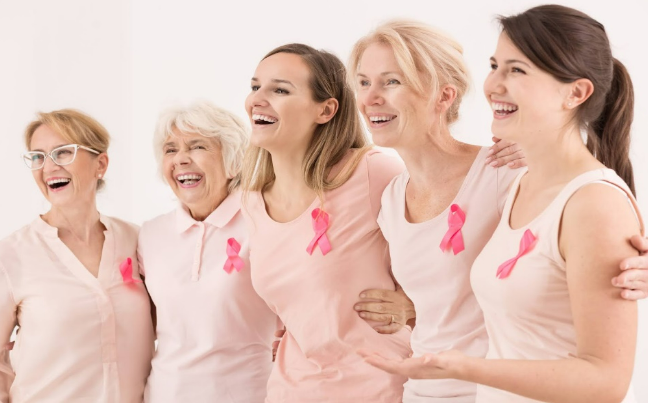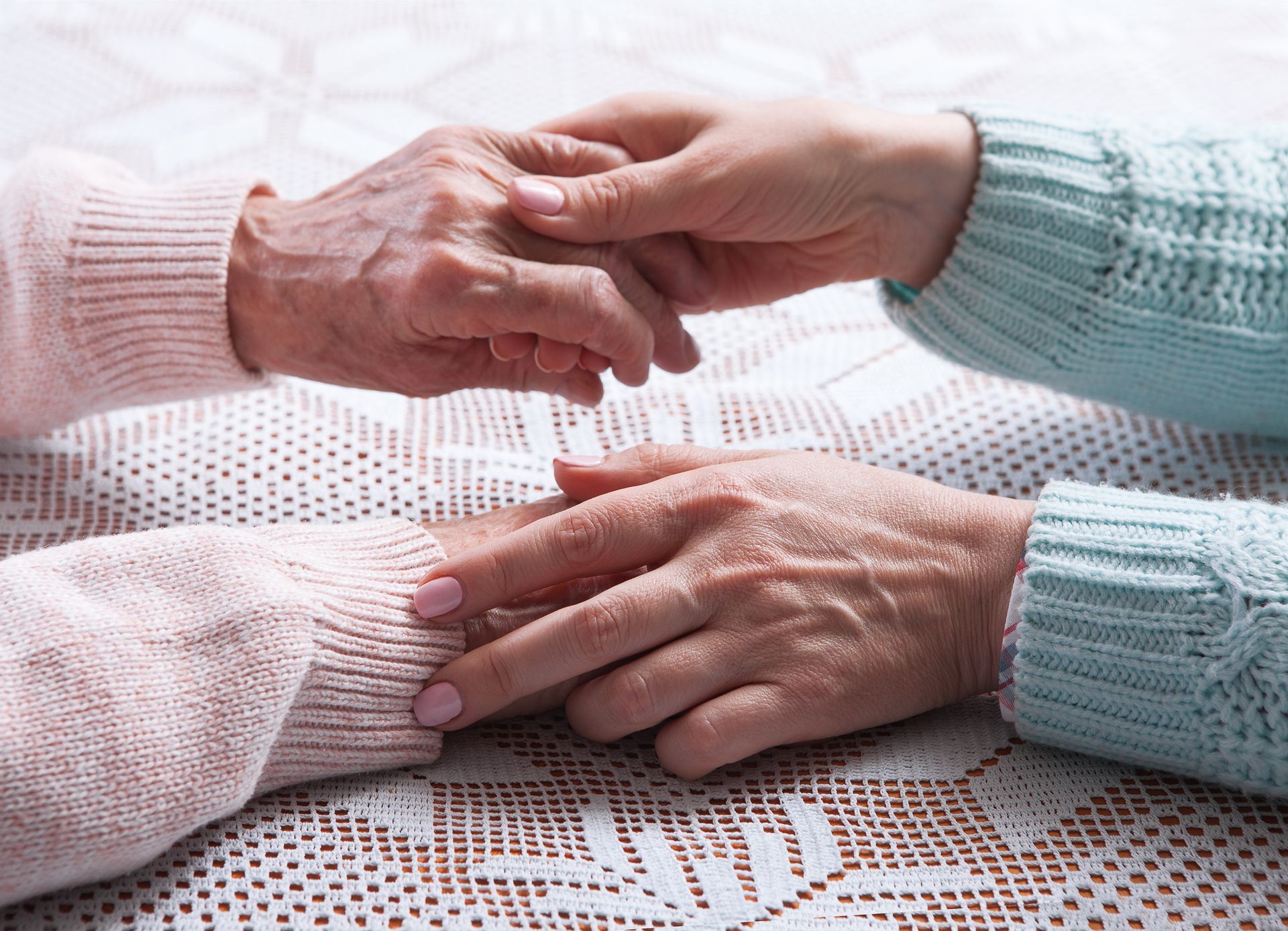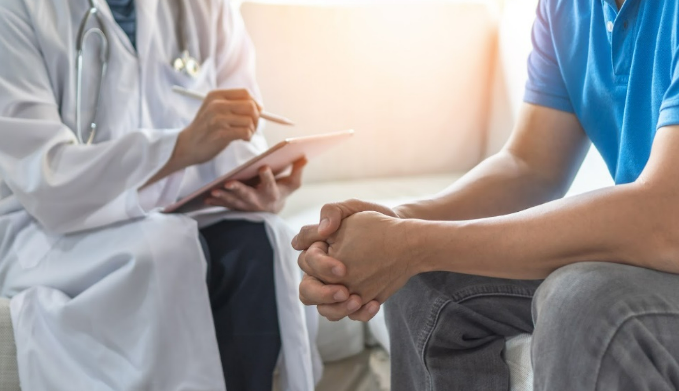8 tips to decrease your risk of cancer.

Excluding non-melanoma skin cancer, at least 42% of newly diagnosed cancers in the United States could be avoided. These include cancers related to tobacco use and other unhealthy lifestyle choices.
Although certain inherited genetic traits cannot be modified, here are eight things you can start doing today to reduce your risk of getting cancer.
1. Avoid tobacco
Tobacco use can increase your risk of lung, mouth, throat and kidney cancer. Tobacco can also lead to esophageal and colorectal cancer. Secondhand smoke that is inhaled from other people’s cigarettes, pipes or cigars can also increase your risk of cancer. If you do not currently use tobacco, do not start. If you use tobacco, now is a good time to stop. When possible, avoid situations where you are around people smoking tobacco products.
2. Maintain a healthy weight
Excessive weight increases the risk of certain types of cancer, such as colorectal, kidney, esophageal, pancreatic and postmenopausal breast cancer. In addition, being overweight can lead to other health complications such as high blood pressure, type 2 diabetes and coronary heart disease. There are many factors that determine a healthy weight range such as age, height, body type, wellness goals and body fat distribution. Consult a healthcare professional to determine your ideal weight range.
3. Exercise
Regular exercise can help reduce the risk of colon and breast cancer. Adults should include some kind of movement daily and target at least 150 minutes of moderate exercise each week. Before beginning any exercise routine discuss your plans with a healthcare professional.
4. Eat a healthy diet
Many highly-processed and high-calorie fast foods include large amounts of sodium, fat and sugars. These foods, as well as sugary drinks, should be avoided as they can increase your weight and cause obesity. Instead, eat a well-balanced diet rich in whole grains, vegetables, fruits and beans.
While you can enjoy red meat, lamb, pork, and processed meats, these foods should be a small portion of your overall diet. Instead, eat healthy proteins from plant-based sources like broccoli, lentils, nuts and seeds. Other healthy proteins include fish, and low-fat dairy.
5. Protect yourself from the sun
Skin cancer is the most common kind of cancer in the United States. One of the leading risk factors that lead to skin cancer is ultraviolet (UV) rays from the sun and tanning beds. You can reduce your risk of skin cancer by:
- Using “broad spectrum” sunscreen when you are outdoors.
- Limiting exposure to direct sunlight, especially between 10 a.m. and 4 p.m. when UV rays are strongest.
- Staying under the shade of a tree or broad-brimmed hat when outdoors.
- Protecting your skin with UPF rated clothing that helps shield your body from UV rays.
- Avoiding tanning beds.
6. Limit alcohol consumption
Excessive alcohol consumption can increase your risk of cancer in the colon, liver, mouth, throat, larynx and esophagus. Women who consume excessive alcohol increase their risk of breast cancer, too.
The best approach is to abstain from alcohol completely. If you drink alcohol, limit consumption to no more than one drink per day for women or two drinks per day for men. A standard drink is defined as 12 ounces of 5% beer; 8 ounces of 7% malt liquor; 5 ounces of 12% wine; or 1.5 ounces of 40% distilled spirits.
7. Get vaccinated
Certain viruses and infections may increase the risk of cancer. The Hepatitis B virus can increase the risk for liver cancer. Human papillomavirus (HPV) increases the risk for cervix, vagina and vulva cancer in women, and penis cancer in men. It can also cause anus and throat cancer in both men and women. Fortunately, vaccinations exist for both Hepatitis B and HPV. Consult a healthcare professional to see if you qualify for these vaccines and to learn about other cancer risks associated with viruses and bacteria.
8. Go for regular cancer screenings
Early detection of cancer can increase the likelihood of successful treatment. This is especially true with breast, cervical, colorectal and lung cancer. Screening tests are also available for ovarian, pancreatic, prostate, testicular, thyroid, bladder, oral and skin cancers. If you have a family history of any type of cancer, talk with your healthcare provider about the benefits of these various screening examinations.
Although there is no guarantee you can avoid a cancer diagnosis, these simple lifestyle changes can help reduce the risk.
If you have been diagnosed with cancer, Nashville General Hospital’s Dr. Robert E Hardy Cancer Center can provide quality care and treatment. In 2021, Nashville General’s Cancer Center earned a 3-year Full Accreditation from the Commission on Cancer for its comprehensive, high-quality and multidisciplinary patient-centered care.
This information is not intended to be a substitute for professional medical advice. You should talk with your primary care physician or other qualified medical professionals regarding diagnosis and treatment of a health condition.
Sources:
cdc.gov, “Cancer Data and Statistics”, Centers for Disease Control and Prevention, June 6, 2022
cancer.org, “Cancer Facts and Statistics”, American Cancer Society®, 2022











